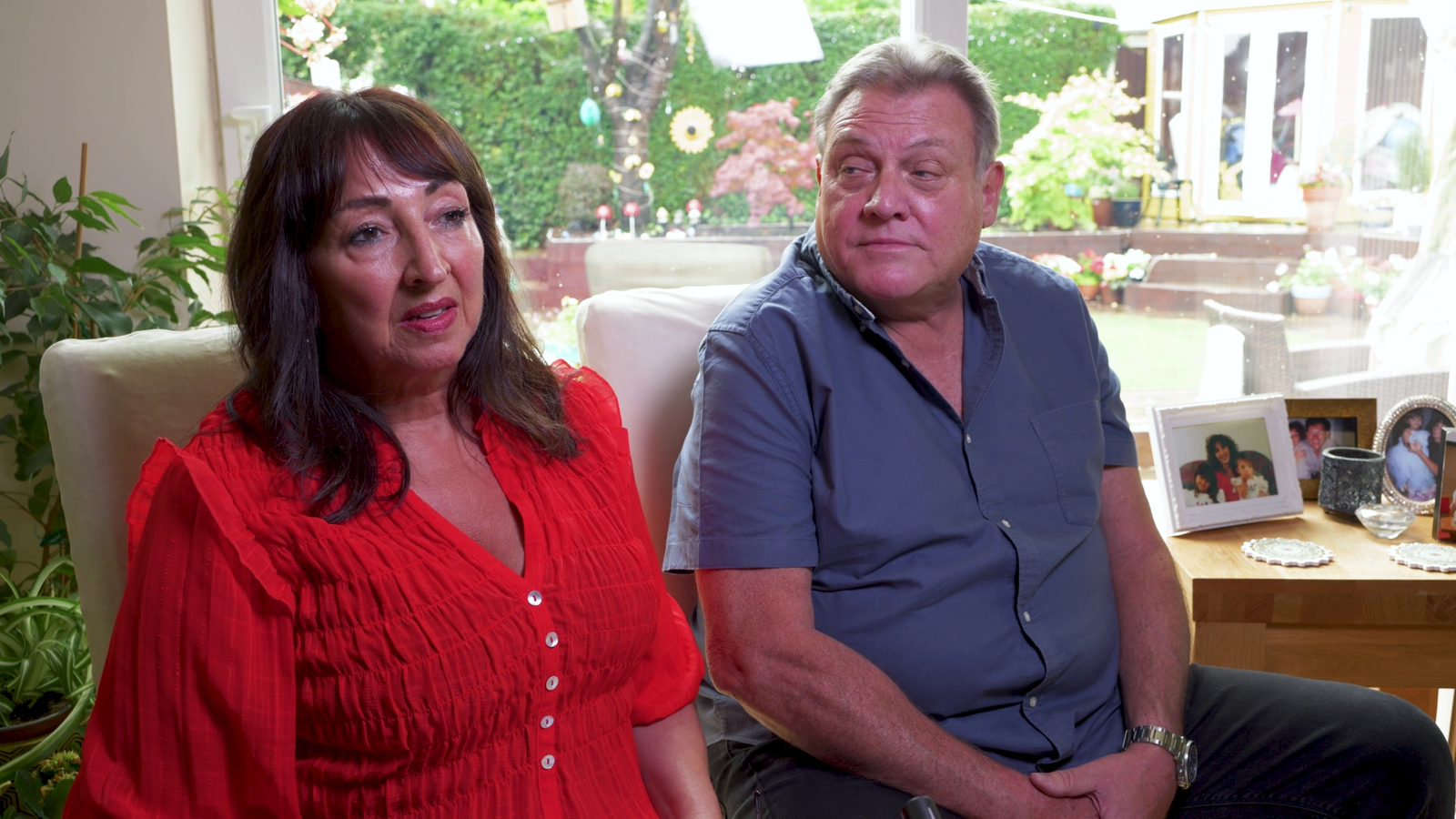Israel attacks Iran and declares emergency over expected 'missile and drone' retaliation
Israel has carried out dozens of airstrikes on Iran and has declared an emergency as it braces for retaliation.

Its military said a "pre-emptive, precise, combined offensive based on high-quality intelligence" had been launched - called Operation Rising Lion.
"Dozens of IAF jets completed the first stage that included strikes on dozens of military targets, including nuclear targets in different areas of Iran," said a statement.
Prime Minister Benjamin Netanyahu said the attack was to "roll back the Iranian threat to Israel's very survival" and would last for "as many days as it takes to remove the threat".
Iranian state media reported the head of the country's powerful Revolutionary Guard, Hossein Salami, had been killed.
Mehr News said nuclear scientist Fereydoun Abbasi was also dead, as was theoretical physicist Dr Mohammed Mehdi Tehranchi and Major General Gholam Ali Rashid.
State media reported explosions northeast of capital Tehran early on Friday, and said buildings belonging to the armed forces were hit in the Mahalati complex north of the city.
The country's Supreme leader, Ayatollah Ali Khamenei, warned of "severe punishment" and claimed residential areas had been targeted.
"In the enemy's attacks, a number of commanders and scientists were martyred. Their successors and colleagues will immediately continue their duties," said a statement reported by the Tasnim news agency.
The international atomic watchdog, the IAEA, said Iran's uranium enrichment facility at Natanz - in central Isfahan province - was one of the facilities targeted and that it's in contact with Iranian authorities about radiation levels.
The exact locations of the other sites attacked are still to be confirmed
A "special state of emergency" is now in effect in Israel, said its defence minister, who warned a "missile and drone attack... is expected in the immediate future".
Israelis were woken in the early hours by air raid sirens and a phone alert warning there could be "severe retaliation", said Sky's Middle East correspondent Alistair Bunkall.
An IDF statement said authorities are "prepared for a wide range of scenarios in defense and offense that may be needed".
US secretary of state Marco Rubio said America was not involved and Israel believed the strikes were necessary for its self defence.
He said "necessary steps" had been taken to protect US forces in the region.
"Let me be clear: Iran should not target US interests or personnel," Mr Rubio warned.
The attack comes amid fears over Iran's nuclear programme, with a warning this week the country is breaking its obligations for the first time in 20 years.
Israel and the US have long feared Iran is plotting to develop a nuclear weapon. Tehran has repeatedly denied this and insists its programme is for civilian purposes.
Benjamin Netanyahu has threatened to strike Iran's nuclear facilities for years – it's now happening.
A wave of initial strikes across Iran have targeted nuclear facilities, ballistic missile production and senior Iranian officials including military leaders.
This is not a one-and-done. Israel's campaign could last days, as could the Iranian response. The consequences for the region could be massive.
With another round of US-Iran nuclear talks due to take place in Oman this Sunday, it was expected Israel might wait until then to see the outcome before striking. Instead they've acted with an element of surprise.
Benjamin Netanyahu said on Thursday he was still planning to take a short holiday in the north of Israel over the weekend. That now was clearly a deliberate ruse to distract Iran.
Israel believes Iran is politically and militarily as weak as it has been for many years. Its proxies around the region have been severely degraded.
Hezbollah, in Lebanon, was always supposed to be Iran's first line of defence and a deterrence against an Israeli attack – the group was all but defeated in a war with Israel last year.
Israel's strikes on Iran in October 2024 eliminated much of Iran's air defences, giving the Israeli air forces some freedom of movement in Iran's skies, but Iran has been rebuilding those defences and so Israel's window to operate was closing.
It is first light in Tehran and the damage from initial strikes is starting to emerge. The sun is starting to come up here in Israel where millions have been sheltering in safe rooms and bunkers for hours.
The world will watch in the coming hours as Israel and Iran now teeter on brink of an all out war.
Mr Netanyahu's video statement on Friday claimed Iran had in recent years developed enough highly enriched uranium for "nine atom bombs".
"In recent months, Iran has taken steps that it has never taken before - steps to weaponize this enriched uranium," said the prime minister
Mr Netanyahu added: "If not stopped, it could produce a nuclear weapon in a very short time. It could be a year, it could be a few months.
"This is a clear and present danger to Israel's very survival."
One word did most of the heavy lifting in Marco Rubio's statement: unilateral.
The US secretary of state was keen to emphasise that strikes on Iran were Israel's decision alone.
President Trump had urged Prime Minister Benjamin Netanyahu not to attack Iran.
The two leaders had what was described as a heated exchange by telephone last Monday.
Hours before the attack, Trump said he feared such action would destroy US hopes of an agreement with Iran.
The Americans and Iranians have been engaged in negotiations about nuclear capability for months.
Netanyahu values his relationship with Trump, but the timing of this action was on Israel's terms.
The White House was informed in advance - officials watching strikes in real time in the situation room.
Afterwards, Marco Rubio sent a clear warning: "Iran should not target US interests or personnel."
Washington has restricted staff movements in Israel and begun evacuating some from Iraq.
America didn't choose this moment, but knows the threat this escalation poses for US staff in the region.
US and Iranian officials were scheduled to hold a sixth round of talks on Tehran's escalating uranium enrichment programme in Oman on Sunday.
President Trump said earlier on Thursday an Israeli strike on Iran "could very well happen" but that he hoped for a peaceful resolution.
-SKY NEWS






